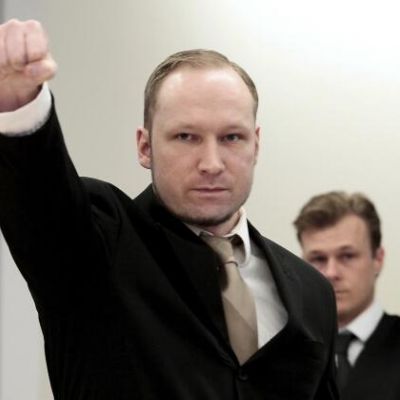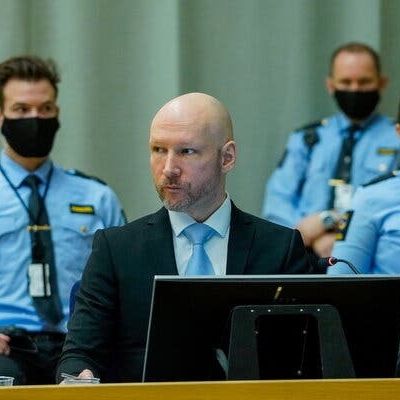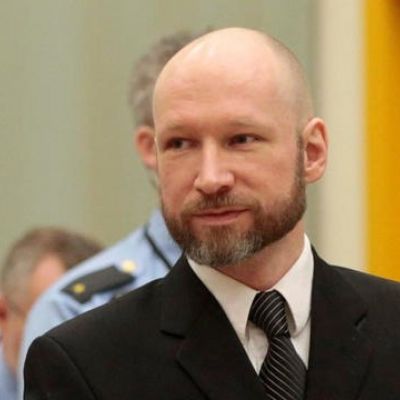The difficult topic of Anders Breivik’s religion, including questions about his Christian views, heritage, and history. Anders Breivik, a Norwegian extremist with far-right ideologies, carried out a terrorist assault in 2011, killing 77 people. He used a vehicle bomb in Oslo, followed by a shooting spree, to murder eight people and target 69 others, mostly youths, at a Labour Party youth camp.
Breivik is now serving Norway’s longest sentence of 21 years, but his sentence might be prolonged if authorities believe he is still a danger. The latest spotlight on Anders Breivik has been on his legal lawsuit against the state, citing infringement of his human rights as a result of his “extreme” isolation. Breivik earlier sued the state in 2016, claiming that it breached the European Convention on Human Rights, which emphasizes the protection of persons from torture or punishment.
What Religion Does Anders Breivik Follow? Is He Religious?
Anders Breivik’s religion has sparked significant discussion, notably online, where suspicion about his Christianity has become a hot subject. Breivik first claimed to be a Protestant in 2011, declaring, “At the age of 15, I chose to be baptized and confirmed,” and adding, “I consider myself to be 100 percent Christian.” This pronouncement, however, was followed by vehement opposition to the political positions of most Protestant churches and the Roman Catholic Church.
Breivik declared his entire disassociation from Christianity in 2016, passionately asserting that he had never been a Christian. Anders Breivik’s faith converted to Nazism in jail, according to his lawyer, ystein Storrvikthis. Despite media descriptions of Anders Breivik’s faith as a fundamentalist Christian, his online postings disputed this classification. Analyzing Anders Breivik’s religion showed a departure from Christian values, with an emphasis on what seemed to be an atavistic dread of Muslims and Marxists.

Notably, he declared prayers and offerings to Odin as part of the Anders Breivik religion, associating himself with the Odinism spiritual system. This divergence from orthodox Christianity highlighted the complexities of his emerging religious identity. His remarks and beliefs have added complications to the debate about Anders Breivik’s religion, forcing the public to face the delicate elements of his spiritual development.
Learn more about Anders Breivik’s Ethnicity and Place of Origin
Anders Breivik was born in Oslo on February 13, 1979, and originated from a family background filled with enthralling intricacies. His father, Jens David Breivik, a prominent civil economist, began a diplomatic career in the Norwegian Embassy in both London and Paris. Meanwhile, his mother, Wenche Behring, had a turbulent childhood, fleeing an abusive family at the age of 17.
Wenche Behring was in her thirties when she became pregnant with Anders, and she married Jens Breivik, Anders’ father, in a key phase of her life. Proud of his Norwegian ancestry and nationality, he acquired a profound passion for Europe’s well-being. His viewpoint became contentious when he voiced concern about what he called “demographic Jihad” perpetrated by Islam.

Breivik stated in his writings that Islam’s influence and unchecked Muslim immigration were endangering Europe’s existence. According to his thoughts, these elements were reshaping Europe’s cultural environment, eventually culminating in what he saw as Europe’s invasion. Breivik’s ideas on these issues emphasized his strong feelings about the junction of culture, religion, and identity.




